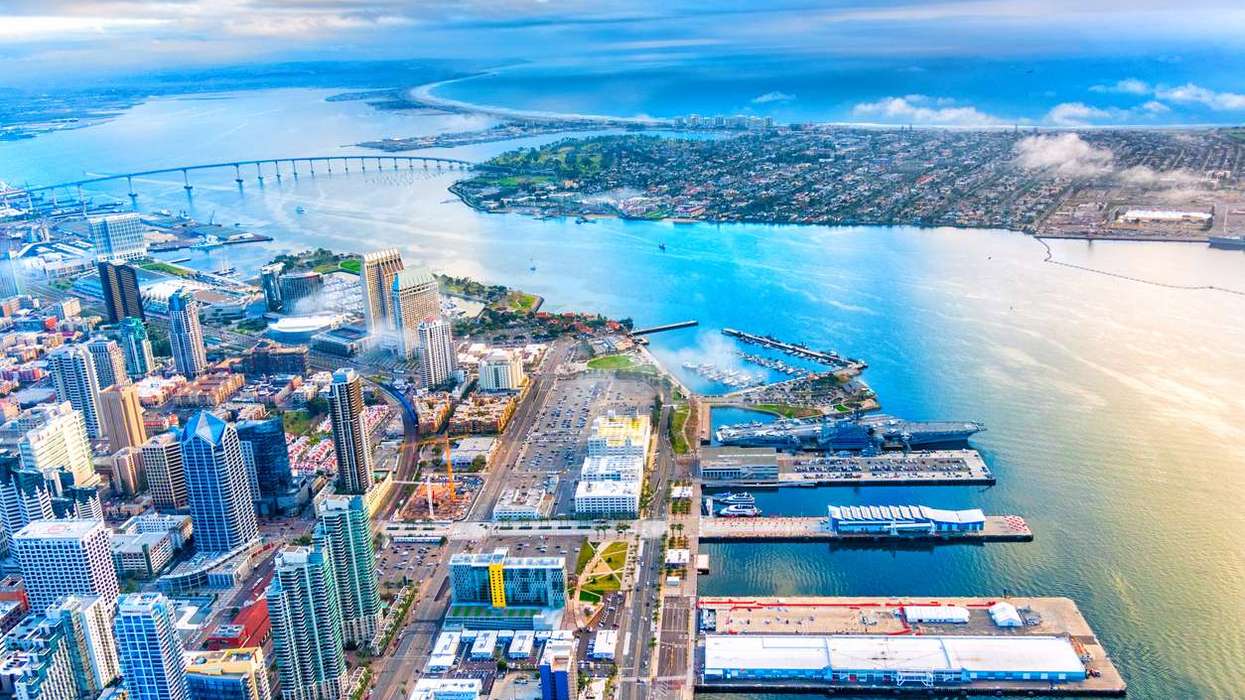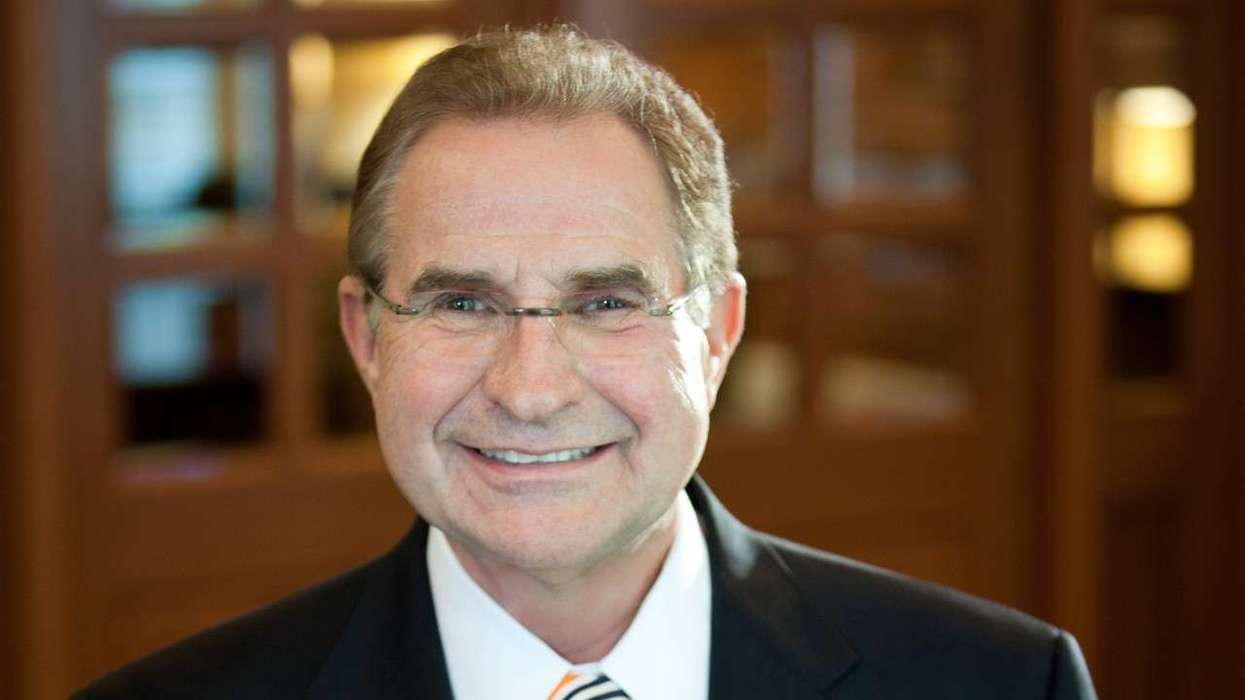POSITIVE TRENDS CONTINUED for the U.S. hotel industry during the week ending June 6, according to STR’s deep dive on its data for the week. This time the firm’s analysis focused more on trends in ADR that includes a flattening of rate differences between chain scale segments during the COVID-19 pandemic.
RevPAR for the week was down 65 percent from last year, according to STR’s prior release. That was a somewhat steeper year-over-year drop from the previous week said Jan Freitag, STR’s senior vice president of lodging insights in a video.
“But keep in mind that for the week of May 30 there was still the Memorial Day weekend comp in the 2019 data, so the data then was slightly depressed and it was a little bit easier to see RevPAR decline soften,” Freitag said. “We are now comparing ourselves to a normal week, so RevPAR declines are a little bit worse.”
There were positive results as well:
- Drive-to destinations continued to show strong weekend performance, with Myrtle Beach, S.C., recording an 83.4 percent occupancy level.
- Economy class hotels reached a 50.3 percent occupancy level for the week, while upper upscale class showed the lowest occupancy level among the classes at 22.1 percent.
- The ADR difference between luxury and economy class hotels was $123.00 for the week.
- A few key beach submarkets have been able to grow ADR over 100 percent during the last 60 days.
The highlights
Freitag also pointed to the continued slight uptick in the number of rooms sold, 13.5 million, and the number of people flying with 2.4 million checked in at U.S. airports.
“Both of these are green shoots and good news,” he said.
The global market also showed signs of hope as China occupancy plateaued while Europe occupancy continued to grow. Preliminary estimates for May show as 70.9 percent drop in RevPAR.
“Even though our preliminary monthly data that we show here will be revised, it’s pretty fair to assume that the April data was indeed the trough and the May data is going to be slightly better,” Freitag said.
Weekend occupancy rates continue to be strong in markets and submarkets with access to nature, Freitag said.
“The outlier on the positive side here is Myrtle Beach, South Carolina, where the weekend occupancy topped 83 percent,” he said.
Rating the rates
In the week ending June 8, 2019, the difference in ADR between upper up scale and economy hotels was around $117 while last week, one year later, the difference between luxury and economy was $123.
“In other words, what a year ago was the ADR band between upper up scale and economy today is the ADR band between luxury and economy,” Freitag said. “Secondarily, the luxury ADR has actually declined $100 year over year.”
It seems the luxury premium in ADR over other classes has contracted.
“This, of course, has implications for the traveling public as the ADRs get lower, people who have a specific dollar amount set in their travel budget may be able to trade up,” he said. “What this means for hotels is they may be competing with properties that used to be a lot more expensive that are a lot less expensive for the same customer group.”
Submarkets on beaches have done very well, Freitag said, with many being able to grow ADR more than 100 percent over the last 60 days. Submarkets with usually higher ADRS have seen steeper declines in ADR, and 19 of the top 25 markets saw ADRS of below $100 whereas last year only one market, Houston, had an ADR under $100.





